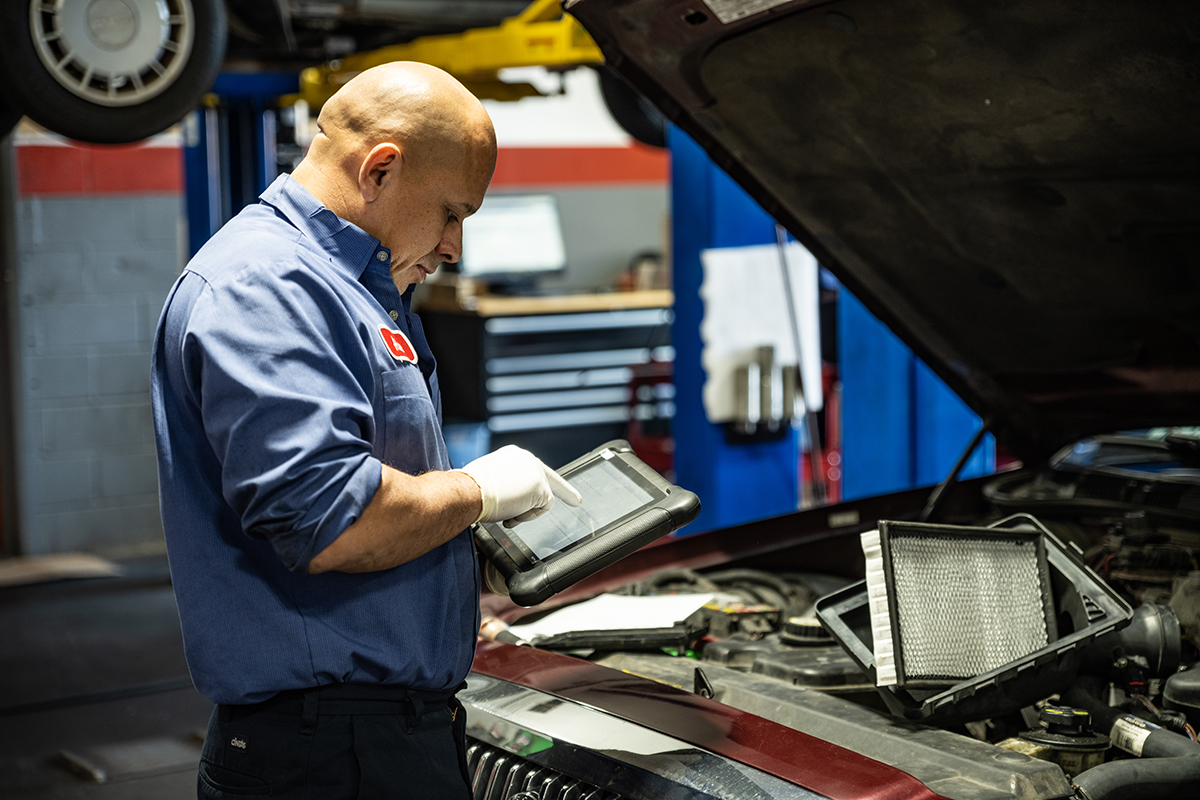
The automotive repair industry is undergoing a seismic shift, driven by rapid technological advancements. From electric vehicles (EVs) to artificial intelligence (AI)-powered diagnostics, the tools and systems technicians work with today are vastly different from those of just a decade ago. For those in the field – or considering a career in automotive repair – understanding these changes isn’t just important; it’s essential for long-term success.
The Rise of Electric and Hybrid Vehicles
The global shift toward sustainability has placed electric and hybrid vehicles at the forefront of automotive innovation. Governments worldwide are setting ambitious targets for EV adoption, and automakers are responding by rolling out new models at unprecedented speeds.
For mechanics, this transformation brings both challenges and opportunities. Traditional combustion engines are being replaced by electric drivetrains and lithium-ion batteries, requiring technicians to master entirely new systems. Specialized training in EV technology, such as high-voltage safety protocols and battery diagnostics, is becoming a key requirement for many repair shops. Those who adapt will find themselves in high demand as the EV market continues to expand.
Advanced Driver-Assistance Systems (ADAS)
Modern vehicles are increasingly equipped with advanced driver-assistance systems (ADAS), which enhance safety and convenience. Features like lane-keeping assist, adaptive cruise control, and automatic emergency braking rely on complex networks of sensors, cameras, and radar systems.
Repairing and calibrating these systems requires a deep understanding of how they interact with a vehicle’s mechanics and software. This shift from purely mechanical repairs to tech-driven diagnostics is reshaping the role of the automotive technician. Shops equipped with the latest ADAS calibration tools are becoming industry leaders, and technicians skilled in these areas are commanding higher wages.
The Impact of Artificial Intelligence and Machine Learning
Artificial intelligence (AI) is revolutionizing diagnostics in the automotive repair industry. AI-driven tools can quickly analyze data from sensors and onboard computers, identifying issues that might take human technicians hours to uncover. Predictive maintenance, which uses AI to anticipate problems before they occur, is also gaining traction, allowing shops to offer proactive repair solutions.
While some fear that automation may reduce the need for human technicians, the reality is that AI tools enhance a mechanic’s efficiency rather than replace them. Understanding how to interpret and act on data from these systems will become a core skill for future automotive professionals.
Connected Vehicles and the Internet of Things (IoT)
Connected vehicles, which are part of the Internet of Things (IoT), represent another significant trend shaping automotive careers. These cars can communicate with each other, infrastructure, and repair shops, offering real-time data on their performance and health.
For technicians, this means repairs and maintenance are increasingly data-driven. Instead of relying solely on physical inspections, mechanics can use telematics and diagnostic software to identify and address issues. As connectivity becomes standard in vehicles, the ability to work with these systems will be a critical skill for any mechanic.
3D Printing and Innovative Materials
The introduction of 3D printing and advanced materials is transforming how parts are manufactured and repaired. Broken or obsolete parts can now be 3D-printed on demand, reducing downtime and costs for both shops and customers. Additionally, lightweight materials like carbon fiber and aluminum are becoming more common, requiring technicians to learn specialized repair techniques.
These advancements make the repair process faster and more efficient, but they also demand a new level of technical proficiency from mechanics.
Preparing for a Tech-Driven Future
As technology reshapes the automotive industry, staying ahead requires a commitment to continuous learning. Technicians must embrace opportunities for training in emerging technologies, whether through formal certification programs or on-the-job education. Collaboration between automakers and repair shops is also critical, as manufacturers often provide specialized training for their vehicles.
Networking with peers and participating in industry events can help mechanics stay informed about the latest trends. The automotive industry is evolving rapidly, and those who are proactive about adapting will thrive in this exciting new era.
Technology is not just changing the vehicles on the road; it’s redefining what it means to work in the automotive repair industry. For those ready to embrace this evolution, the future is filled with opportunities to master new skills, solve complex challenges, and work on cutting-edge systems.
The automotive repair industry remains as vital as ever, but it’s no longer just about fixing cars – it’s about engaging with the most advanced technologies of our time. For forward-thinking professionals, this is a career path where the future is as thrilling as the present.
Vehicle care information made available by Metro Motor is presented as helpful advice for general maintenance and should not be construed as instructions for at-home vehicle service. Be sure to consult your owner’s manual and a licensed, professional mechanic for diagnostics and repair.
